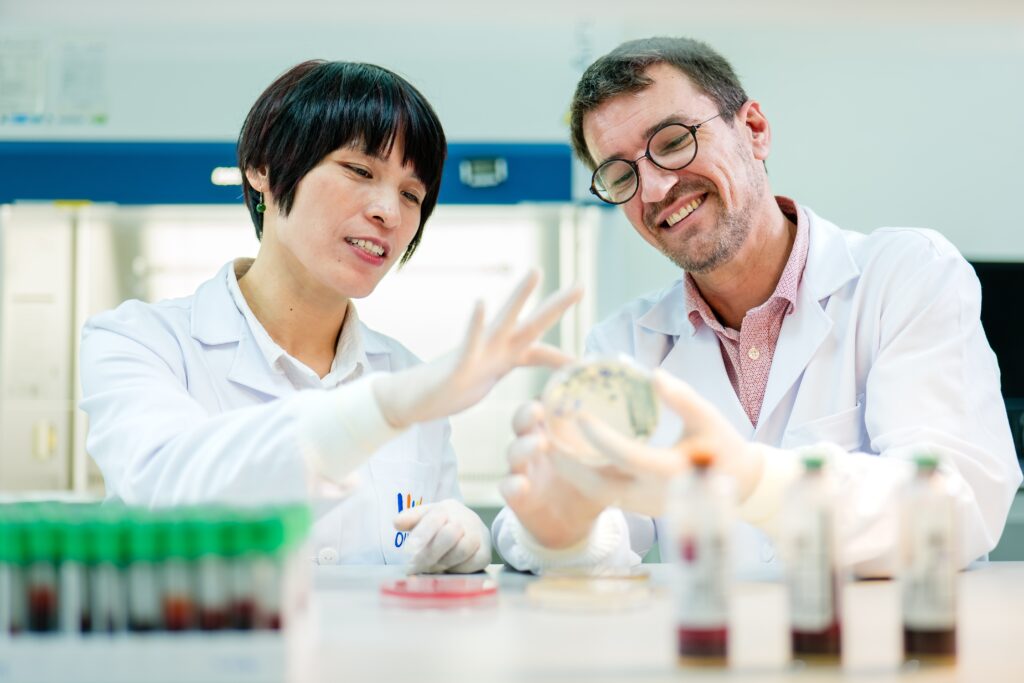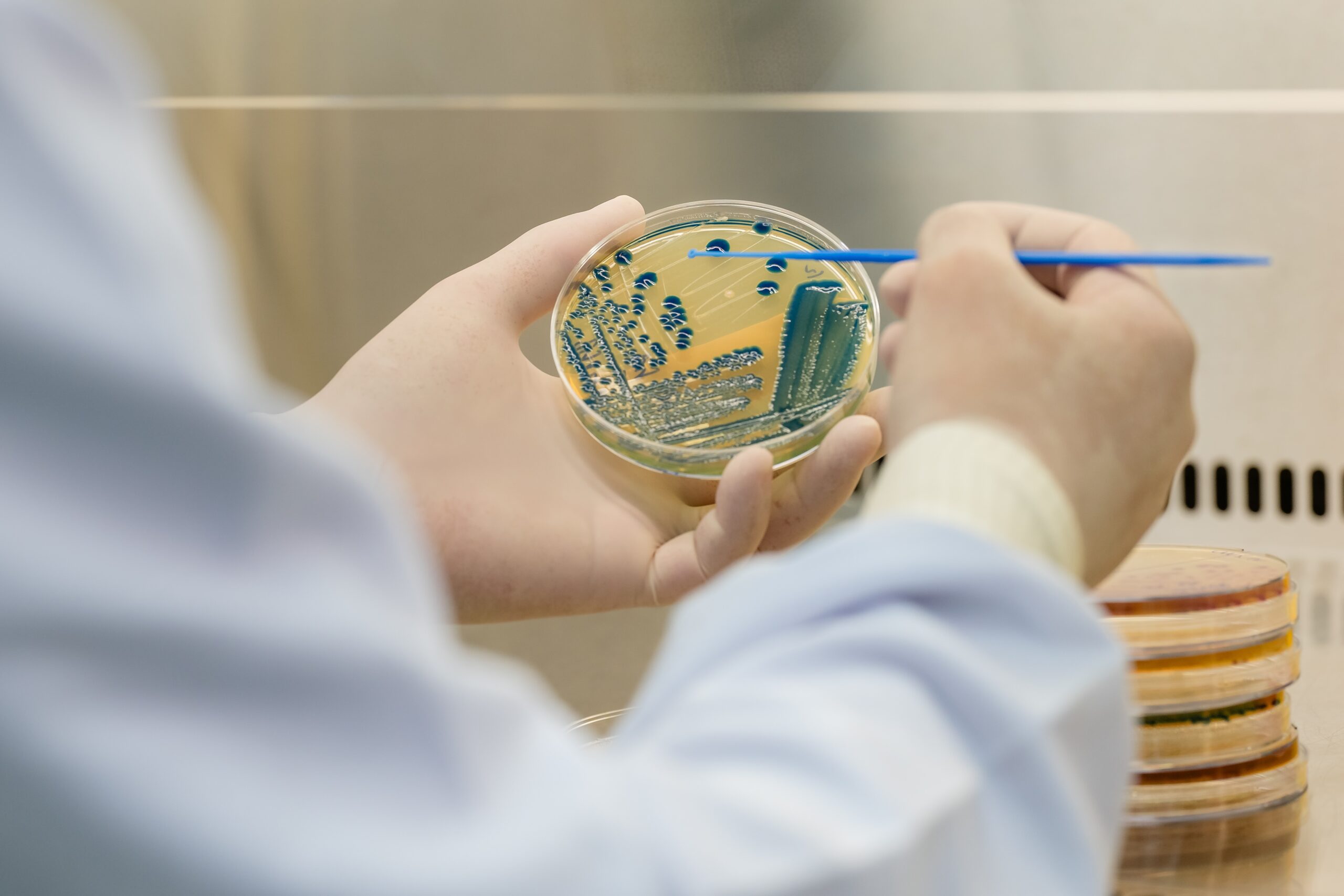OUCRU researchers from Indonesia, Nepal, and Vietnam contributed to the newly published WHO research priorities for AMR. These top 40 priorities, developed by the World Health Organization (WHO) with global collaborators, aim to guide research into drug-resistant infections over the next five years, with a special focus on challenges faced by low- and middle-income countries (LMICs).
The Growing Threat of AMR Worldwide
AMR is one of the most pressing global health challenges of our time. As microbes become resistant to existing medicines, treating infections becomes harder, leading to more severe illness and higher death rates. This has significant economic consequences, in terms of health costs and loss of productivity.
The impact of AMR is especially severe in LMICs. Overuse and misuse of antibiotics, combined with poor sanitation and limited infection control, create an environment where resistant microbes thrive. As a result, people in these regions are more vulnerable to drug-resistant infections, and the burden of AMR is felt more deeply, with higher death rates in LMICs.
Assoc. Prof. Raph Hamers contributed to the new WHO research agenda as one of the core team members.
“Despite the growing attention on AMR as a global health issue, major knowledge gaps still slow down an effective response, especially in LMICs. This limits progress in key areas like infection prevention, vaccines, diagnostics, treatments, and antimicrobial stewardship. Addressing these gaps will require collaboration between governments, academia, civil society, and the private sector,” he said.
As the Head of the Clinical Infectious Diseases Research Programme at OUCRU Indonesia, Raph leads several projects at OUCRU Indonesia that are focused on AMR, including ACORN, NASPA, and BCB Study.

A Globally Coordinated Research Agenda Led by WHO
The process of determining the 40 research priorities began with identifying existing knowledge gaps, a process in which OUCRU was also involved. This led to the discovery of over 3,000 gaps, which were then narrowed down to 177 topics and prioritised by 261 experts worldwide. The result is a final list of 40 research priorities designed to have the most significant impact.
OUCRU researchers played a key role in this global effort. Prof. Guy Thwaites, Prof. Rogier van Doorn, and Assoc. Prof. Abhilasha Karkey were part of the WHO Research Agenda for AMR in Human Health Collaborators. OUCRU involvement highlights our leadership in AMR research in Southeast and South Asia, supported by a strong, interdisciplinary units in Indonesia, Vietnam, and Nepal.
Prof. Rogier, Director of OUCRU Hanoi, emphasized, “The WHO’s research agenda can help create momentum to accelerate research in critical areas and streamline global funding and collaboration. By targeting the most pressing research needs, we can significantly improve how we combat AMR.”
The WHO research agenda will play a crucial role in implementing the recommendations from the AMR declaration at the UN General Assembly and contribute to national and global strategies for AMR containment by 2030.



